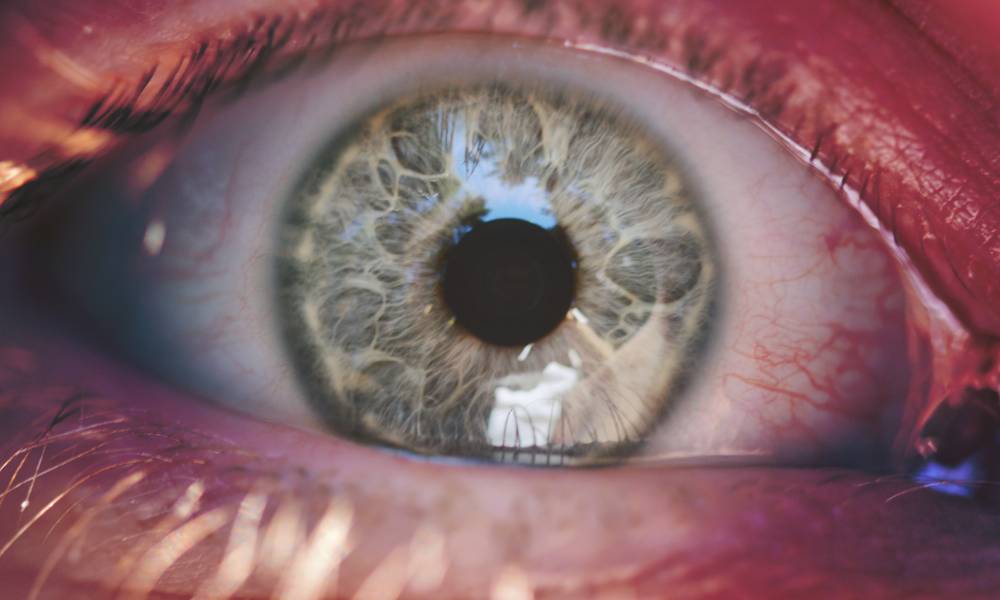Macular degeneration, specifically age-related macular degeneration (AMD), is a significant cause of vision loss among older adults, impacting millions worldwide. As the population ages, the search for effective prevention strategies becomes increasingly critical. One prominent focus has been on dietary supplements, particularly the formulation known as AREDS2. This article explores the potential of AREDS2 in preventing macular degeneration, shedding light on its ingredients, efficacy, and how it may fit into broader AMD management strategies.
Understanding macular degeneration
Macular degeneration, more formally known as age-related macular degeneration (AMD), is a common eye condition that primarily affects people over the age of 50. It occurs when the macula, the part of the retina responsible for clear vision in the direct line of sight, deteriorates over time. The condition is divided into two main types: dry (atrophic) and wet (neovascular).
Dry AMD, which accounts for approximately 80-90% of cases, is characterized by the thinning of the macula and the presence of drusen, small yellow deposits that form beneath the retina. Wet AMD, though less common, is more severe and involves the growth of abnormal blood vessels under the retina and macula, leading to bleeding, leaking, and scarring, which can result in rapid and severe vision loss.
👀 Read more: Dry or Wet Macular Degeneration – Which Is Worse?
The inception of AREDS and AREDS2
The development and study of the Age-Related Eye Disease Study (AREDS) and its successor, AREDS2, represent significant milestones in the research on nutritional supplements and their impact on AMD and cataracts. Initiated by the National Eye Institute (NEI), the original AREDS study was a major clinical trial designed to investigate the effects of a specific combination of vitamins and minerals on the progression of AMD and cataracts.
The study, which concluded in 2001, found that the original AREDS formula—comprising vitamin C, vitamin E, beta-carotene, zinc, and copper—significantly reduced the risk of advanced AMD progression by about 25% over a five-year period for individuals with intermediate AMD or those with advanced AMD in one eye.
Buoyed by the success of AREDS, researchers embarked on a second study, AREDS2, to refine the formula and assess the effects of adding other nutrients thought to be beneficial for eye health. AREDS2 aimed to evaluate the addition of lutein and zeaxanthin (which are carotenoids found in the eye) in place of beta-carotene, which was associated with an increased risk of lung cancer in smokers. The study also tested the addition of omega-3 fatty acids (DHA and EPA) and the effects of lowering zinc doses.
Concluding in 2013, AREDS2 found that replacing beta-carotene with lutein and zeaxanthin was safer and could reduce the risk of lung cancer. Furthermore, the AREDS2 formula was associated with a further reduction in the risk of AMD progression beyond the original AREDS formula, particularly in participants with low dietary intake of lutein and zeaxanthin.

The AREDS2 formula
The AREDS2 formula consists of the following:
- Vitamin C (500 mg)
- Vitamin E (400 IU)
- Lutein (10 mg)
- Zeaxanthin (2 mg)
- Zinc (80 mg as zinc oxide)
- Copper (2 mg as cupric oxide, added to prevent copper deficiency anemia associated with high levels of zinc intake)
This combination was designed to support eye health and slow the progression of AMD.
Can AREDS2 prevent macular degeneration?
The precise question of whether AREDS2 can prevent the onset of macular degeneration is nuanced. AREDS2 supplements are primarily designed to slow the progression of age-related macular degeneration (AMD) in individuals who already exhibit early signs of the disease or have been diagnosed with intermediate stages.
The key findings from the AREDS2 study indicate that while the formula can significantly reduce the risk of AMD progression in those at high risk, its effectiveness as a preventive measure in healthy individuals or those with no signs of AMD is less clear. It suggests that the formula is most beneficial in altering the course of the disease among those who are already experiencing some level of macular deterioration.
The role of diet and lifestyle
Diet and lifestyle play critical roles in the overall health of the eyes and can influence the risk of developing AMD. A diet rich in antioxidants, omega-3 fatty acids, and carotenoids can support eye health. Specifically, green leafy vegetables (rich in lutein and zeaxanthin), fish (high in omega-3 fatty acids), and a variety of fruits and nuts (sources of vitamins and minerals) contribute to a nutrient-dense diet that may help protect against AMD.
Beyond diet, lifestyle factors such as maintaining a healthy weight, exercising regularly, avoiding smoking, and controlling blood pressure and cholesterol levels are essential strategies for reducing AMD risk. These measures not only support eye health but also contribute to overall well-being.
👀 You might like this guide: What Foods Should Be Avoided With Macular Degeneration?
Recommendations for use
AREDS2 supplements are recommended for individuals with intermediate AMD in one or both eyes and those with late AMD in one eye to reduce the risk of progression to advanced stages. They are not intended for use by the general population or individuals without AMD as a preventive measure. Before starting AREDS2, it is crucial to consult with an eye care professional to assess the potential benefits and risks based on individual health status and risk factors for AMD. This personalized approach ensures that those who stand to benefit the most from AREDS2 are appropriately identified and monitored.

Potential side effects and considerations
While AREDS2 supplements are generally safe, they do contain high levels of certain nutrients that can cause side effects or interact with medications. High doses of zinc, for example, may lead to gastrointestinal upset or interfere with the absorption of certain antibiotics and medications used for osteoporosis. Individuals with existing kidney problems or other health issues should exercise caution and discuss their health history with a healthcare provider before starting AREDS2.
Additionally, the formulation’s shift from beta-carotene to lutein and zeaxanthin was made to avoid the increased risk of lung cancer associated with beta-carotene in smokers or former smokers, highlighting the importance of tailoring supplement use to individual health profiles.
A clearer vision
AREDS2 represents a significant advance in the management of age-related macular degeneration, particularly for individuals at high risk of disease progression. While it is not a preventive cure-all, it offers a strategic tool in a comprehensive approach to maintaining eye health and preventing significant vision loss from AMD. As research advances, we can anticipate more nuanced strategies that incorporate dietary supplements like AREDS2, lifestyle modifications, and emerging therapies to protect against AMD.




